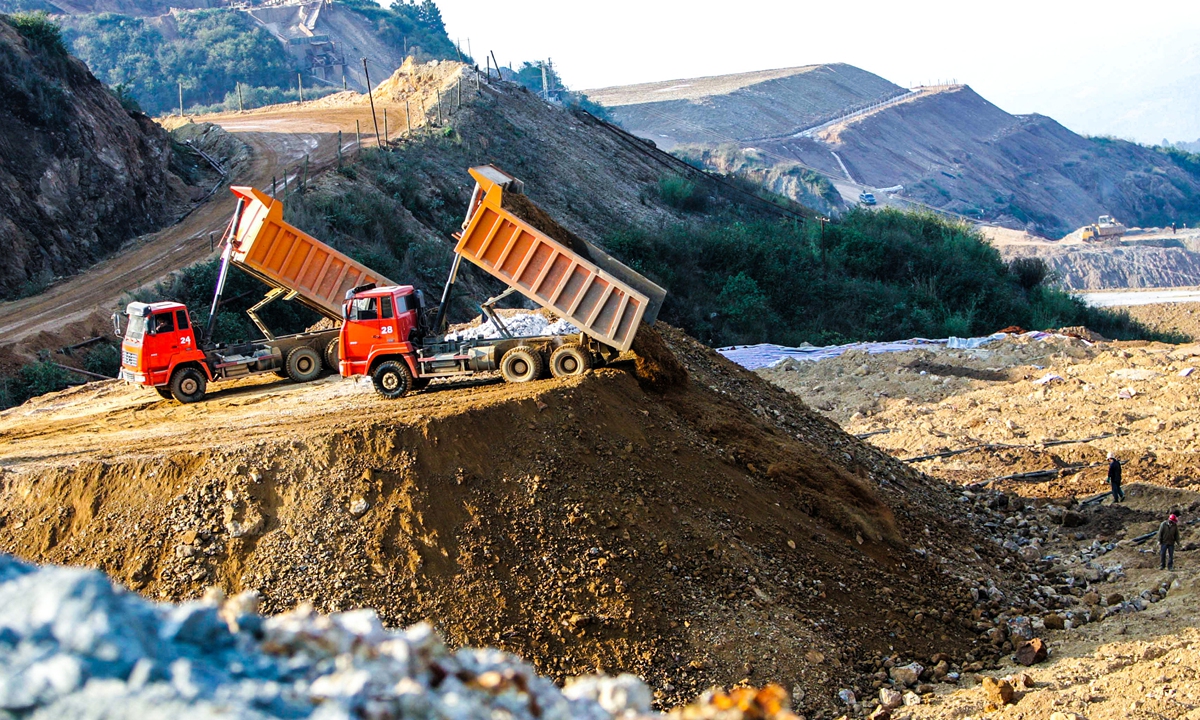
rare earth Photo:VCG
China's exports of rare earths - the metals used in products including military hardware and electric vehicles - recorded a year-on-year slump of around 44 percent in September, narrowing from a more than 60 percent drop in the previous two months, but nevertheless demonstrating a general trend of shrinking exports as China attempts to move away from large-scale, low-value resource selling.
China exported 2,003.3 tons of rare earths in September, down about 44 percent compared with exports of 3,570.5 tons in the same month last year, according to customs data released on Tuesday.
In comparison, China's rare-earth exports slipped by 62.3 percent year-on-year to 1,642 tons in August. In July, exports of rare earths shrank by 69.1 percent to about 1,620 tons.
According to experts, China's rare-earth exports have slumped in recent years, and the trend is likely to continue.
"A fundamental reason for the decrease of rare-earth exports is that China has been trying to get rid of large-scale exports of rare earths with low added value. With domestic demand increasing and the rise of high-tech industries in China, China will no longer export rare earths at suchgenerously low prices in large quantities, with or without the trade war with the US," Liu Enqiao, a senior energy analyst at Beijing-based Anbound Consulting, told the Global Times on Tuesday.
On the other hand, an increase of rare-earth production in countries like the US and Vietnam has also led to fewer countries buying from China, while disruption to everything from shipping to consumption caused by the coronavirus pandemic has also played a part.
As China-US relations worsenedas a result of the trade war and the US government's attacks against Chinese tech companies became more frequent, the US government has also been attempting to end its reliance on rare earths from China. According to a report on defensenews.com, US president Donald Trump recently signed an executive order aimed at boosting domestic production of rare earths important for military technologies while reducing dependence on China.
The US Pentagon also sent a legislative proposal to Congress in May that would raise spending caps under an act to enable the government to spend up to $1.75 billion on rare-earth elements in munitions and missiles, the report said.
But Liu stressed it may not be so easy for the US to achieve such a goal, since, unlike China,itdoes not have an existing or mature rare-earth industry chain. "It is a question of whether the building of such an industry chain can generate economic profits in the US given the higher costs in many sectors," Liu adds.
China supplied 80 percent of the rare earths imported by the United States from 2014 to 2017, Reuters reported. In general, the US and Japan are the largest two importers of Chinese rare earths, experts said.
Global Times
